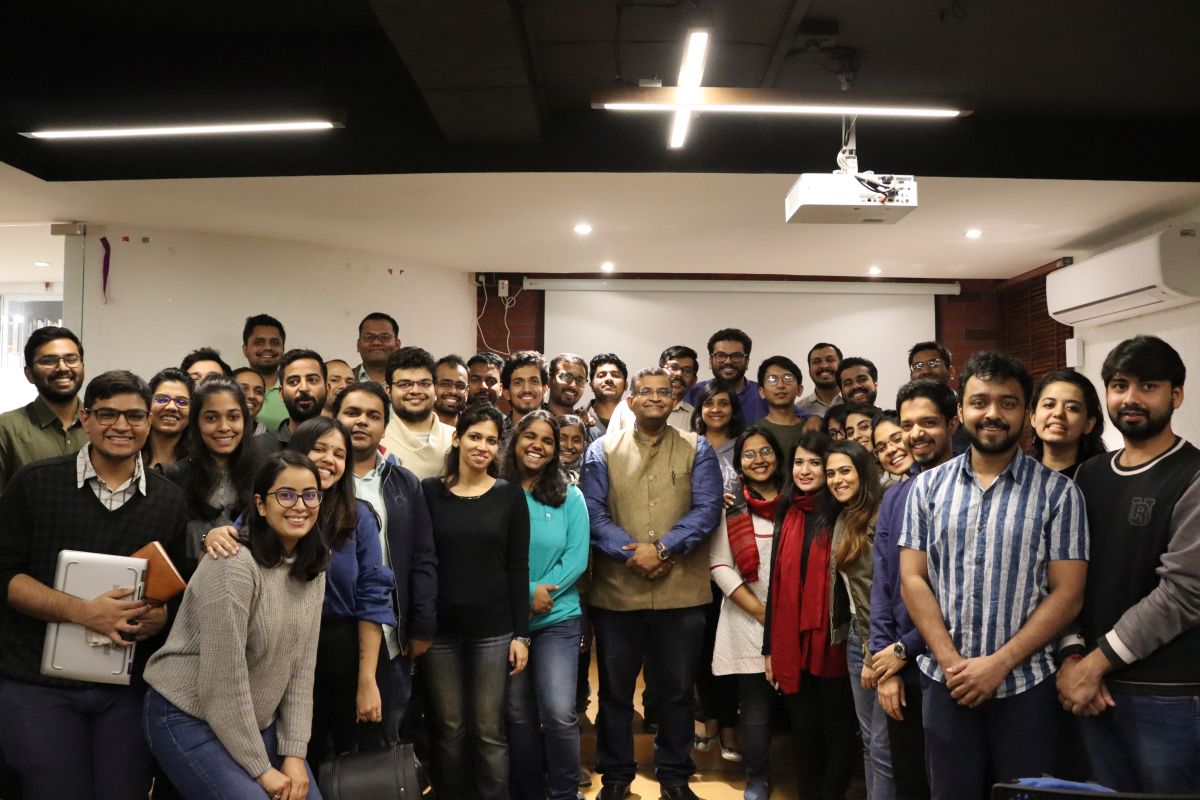In pursuit of bolstering the culture of building peace through collaborative dispute resolution, ‘Maadhyam International Council for Dispute Resolution’, in collaboration with VIPS (Vivekanand Institute of Professional Studies), organised a two-day ‘National Workshop on Mediation’ from June 3 to 4 2023.
The workshop was designed to enhance the knowledge of concept and process of mediation among students. Emphasis was laid on the relevance of meditation as an ‘appropriate dispute resolution’ process, skills required in a mediator to communicate with parties to build trust, create a harmonious atmosphere, understand issues, ascertain interests of the respective parties as against the adversarial positions they take.
Advertisement
Emphasis was also laid on assisting parties to negotiate, help them in evaluating various options that may be available and select the best possible option leading to a full and final settlement of the issues/disputes/stalemate, leading to a ‘win-win situation’ for the disputants bringing them to closure and peace.
The workshop was conducted by internationally-trained and seasoned senior mediators who shared their insight and experience in the best practices of mediation.
The workshop aimed to simplify the process of mediation by augmenting students through practical exercises and role plays supervised by the trainers, followed by a feedback, discussion and experience of the participants in playing their respective positions in the role plays.
Amarjit Singh Chandhiok, senior advocate and president of ‘Maadhyam’, was the chief guest at the inaugural of the workshop. Addressing the students and faculty of VIPS he pointed out the advantages of Alternative Dispute Resolution (ADR), and explained why ADR, which today, is an integral part of the law syllabus, should in fact, be acknowledged as ” Appropriate Dispute Resolution” instead.
All of us will agree that in today’s world, ‘mediation skills’ have become important life skills, which not only equip young students, but also their parents and other segments of the society so that situations can be better handled and conflicts minimised.









